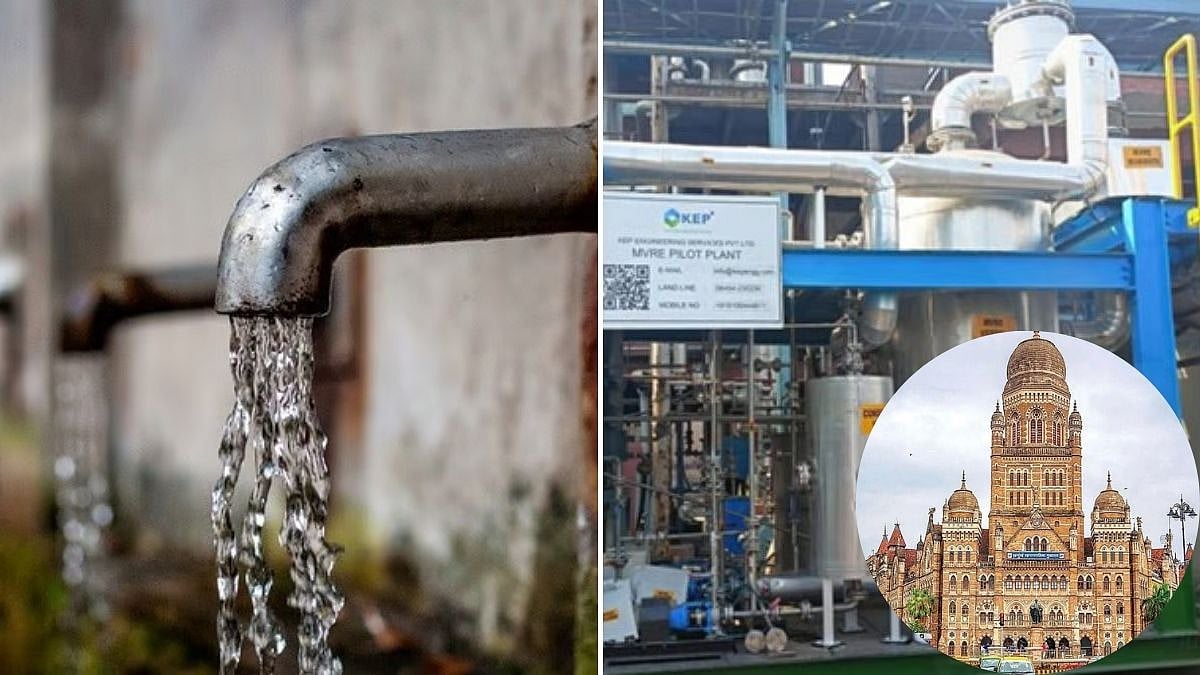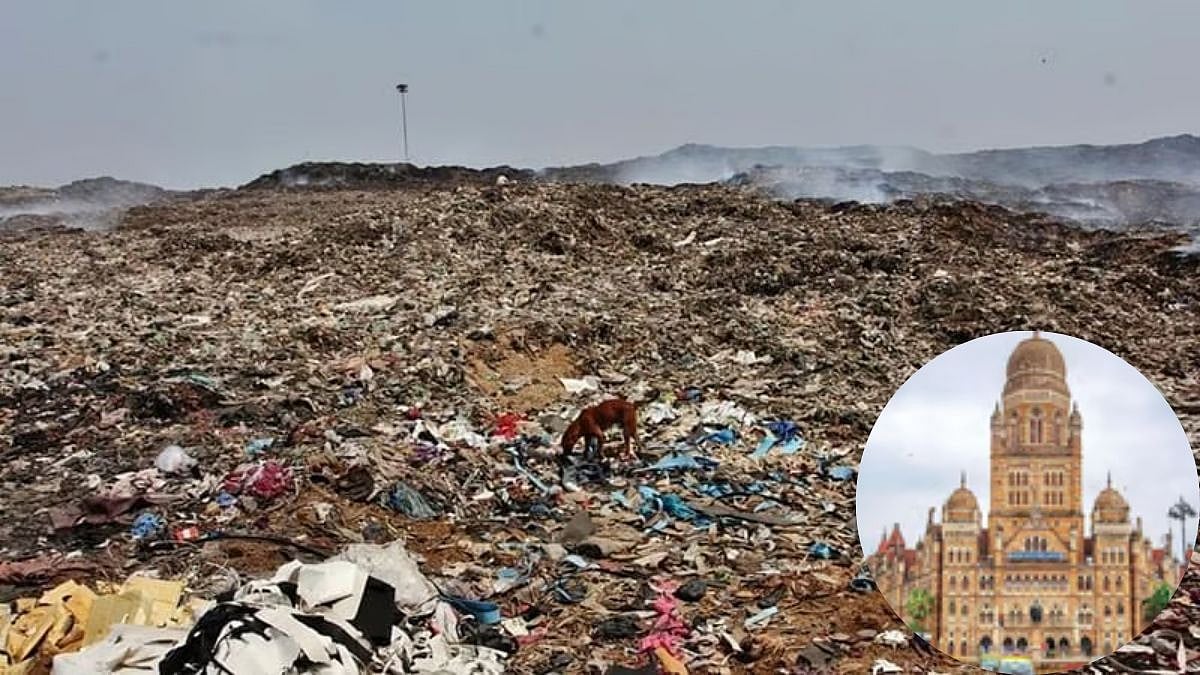The Aam Aadmi Party (AAP), a member of the Indian National Developmental Inclusive Alliance (INDIA), has announced its support for the alliance candidate in Pune for the upcoming Lok Sabha polls. However, the party has confirmed plans to pursue an independent path during the subsequent Assembly elections later this year, as shared by Mukund Kirdat, the party's Maharashtra spokesperson, in an exclusive interview with The Free Press Journal.
"Our state leaders have identified specific seats in Maharashtra where we aim to contest. We've forwarded a list to our national team, and a decision on these seats is imminent. For constituencies where we opt not to contest, our support will be extended to the INDIA candidate," explained Kirdat.
"This alliance doesn't extend to the Assembly elections, so we'll be contesting independently across all seats. Our groundwork for this is already in progress, and the same approach will apply to the Pune Municipal Corporation (PMC) elections," he further elaborated.
Kirdat also emphasised the party's focus on rural areas, highlighting their intention to address farmers' concerns through a dedicated campaign.
AAP's plans for 2024
Discussing the party's strategies for Pune in 2024, the AAP spokesperson highlighted their ongoing efforts to strengthen their organisational presence in the city and their consistent advocacy for critical issues over the past few years. This year, they intend to prioritise concerns related to education and healthcare. Additionally, civic matters such as traffic management, pollution, and more will be on their agenda, he added.
"We're aiming to establish an 'Open Office' initiative since the current lack of elected representatives in the PMC has left many community issues unaddressed. There's a void in local support, and we're in the process of finalising the details of this programme, set to launch soon," the spokesperson elaborated.
Kirdat also drew attention to AAP's governance models in Delhi and Punjab. "Our focus is on efficient governance. We prioritise realistic goals instead of overcommitting and overspending. A prime example is the Pune Metro, where inadequate last-mile connectivity and insufficient parking facilities have limited its utility as a preferred mode of transportation," he pointed out.
'Change is inevitable'
When questioned about the potential change in the ruling party in Pune, Kirdat expressed, "Change is inevitable. The people are angry and frustrated with the current administration. The city has long grappled with chronic traffic issues, yet there's been a lack of meaningful action."
"During events like the G20, there's a focus on beautification, but the fundamental concerns of the residents remain unaddressed. Similarly, the 24x7 water supply initiative seems misguided—prioritising installing water meters before constructing necessary infrastructure like tanks reflects shortsightedness and unnecessary spending. The same holds for hospital development. There's a preference for building structures rather than ensuring their effective operation," he explained.
"Considering these prevailing issues, there's a palpable discontent among the people, and this sentiment is likely to manifest during the forthcoming elections," he concluded.







